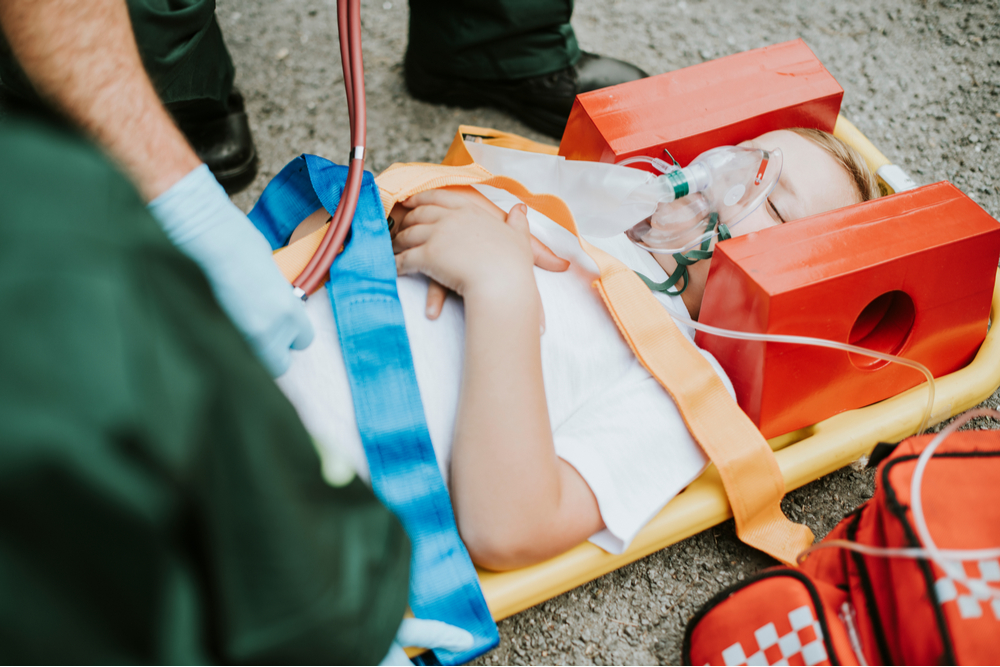What's Your Case Worth?404-920-4736

Stepping on a rogue Lego in your own living room hurts. But when a mishap on someone else’s property leaves you with a sore tailbone (or worse), things get a whole lot more complicated. This is where premises liability law swoops in, like a legal superhero ready to fight for your right to compensation. But “How to Win a Premises Liability Case?” Well, winning a premises liability case isn’t a walk in the park. It requires evidence, understanding the legalities, and sometimes, a little bit of resilience.
So, buckle up as we unpack the essentials of a premises liability case and explore how to increase your chances of a successful outcome.
Premises liability boils down to one key principle: property owners have a legal duty to maintain a safe environment for visitors. This applies to a wide range of locations, from grocery stores and shopping malls to apartment buildings and even amusement parks. If a hazardous condition on the property causes you to get injured, you might have a premises liability case.
Here’s the catch: the property owner isn’t responsible for every bump and bruise. There needs to be negligence involved. Imagine a supermarket with a leaky mop bucket precariously balanced near a busy aisle. The owner knew (or should have known) about the danger but failed to fix it or warn customers. If you take a tumble because of that slippery situation, you might have a strong case.
Winning a premises liability case hinges on establishing four crucial elements:
Here’s where things get interesting. Just saying you slipped on a banana peel (metaphorically speaking) isn’t enough. You need solid evidence to support your claim. Here’s your legal ammunition checklist:
Want to know more about “Is Premises Liability the Same As Negligence?” Visit our blog page now to read all about it!
Premises liability law can get tricky. While the internet offers a wealth of information, it’s not a substitute for professional legal guidance. Here are some situations where consulting an Atlanta Premises Liability Lawyer is a wise move:
Many premises liability cases are settled outside of court. This can be a faster and less stressful option. However, it’s crucial to understand the full extent of your damages before accepting a settlement offer. Your lawyer can help you negotiate a fair compensation package that covers your medical bills, lost wages, and pain and suffering.
If a settlement can’t be reached, you might need to take your case to court. This can be a lengthy and expensive process, so be prepared for the long haul. But with careful preparation and a skilled legal team, going to court can also provide an opportunity to present your case thoroughly and seek maximum compensation. It’s important to weigh the pros and cons of settling versus going to court based on your individual circumstances and the strength of your case. Consulting with your lawyer and understanding all your options can help you make an informed decision that aligns with your best interests.
While evidence and legal muscle are crucial, there are other ways to strengthen your case:
Premises liability cases can take time to resolve. Medical records need to be compiled, negotiations might take place, and if court is involved, the process can be lengthy. Stay patient, communicate openly with your lawyer, and trust the process.
While navigating a premises liability case can seem daunting, understanding the legalities and taking proactive steps can significantly increase your chances of success. Remember, you have the right to seek compensation for injuries caused by another’s negligence. With the right evidence, a strong legal team, and a dose of patience, you can emerge from this situation feeling empowered and fairly compensated.
Slipped and fell on shaky ground? Don’t let a property owner’s negligence leave you financially unstable. Shani Brooks Law can help you navigate the legal maze of a premises liability case and fight for the compensation you deserve. Get a free consultation today and see how Shani Brooks Law can turn your tumble into triumph.